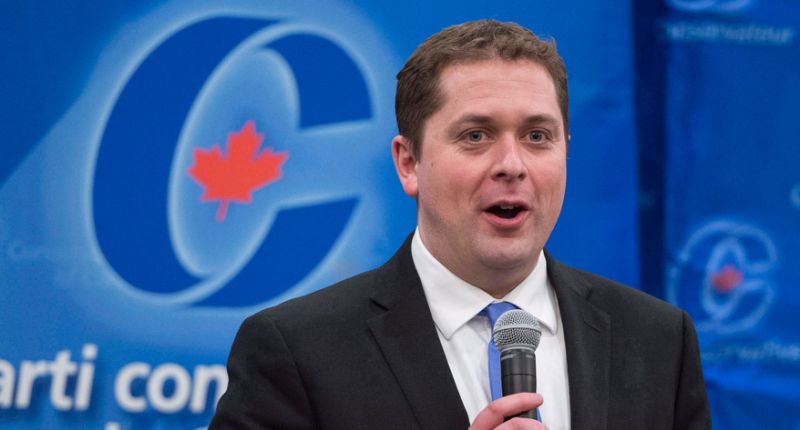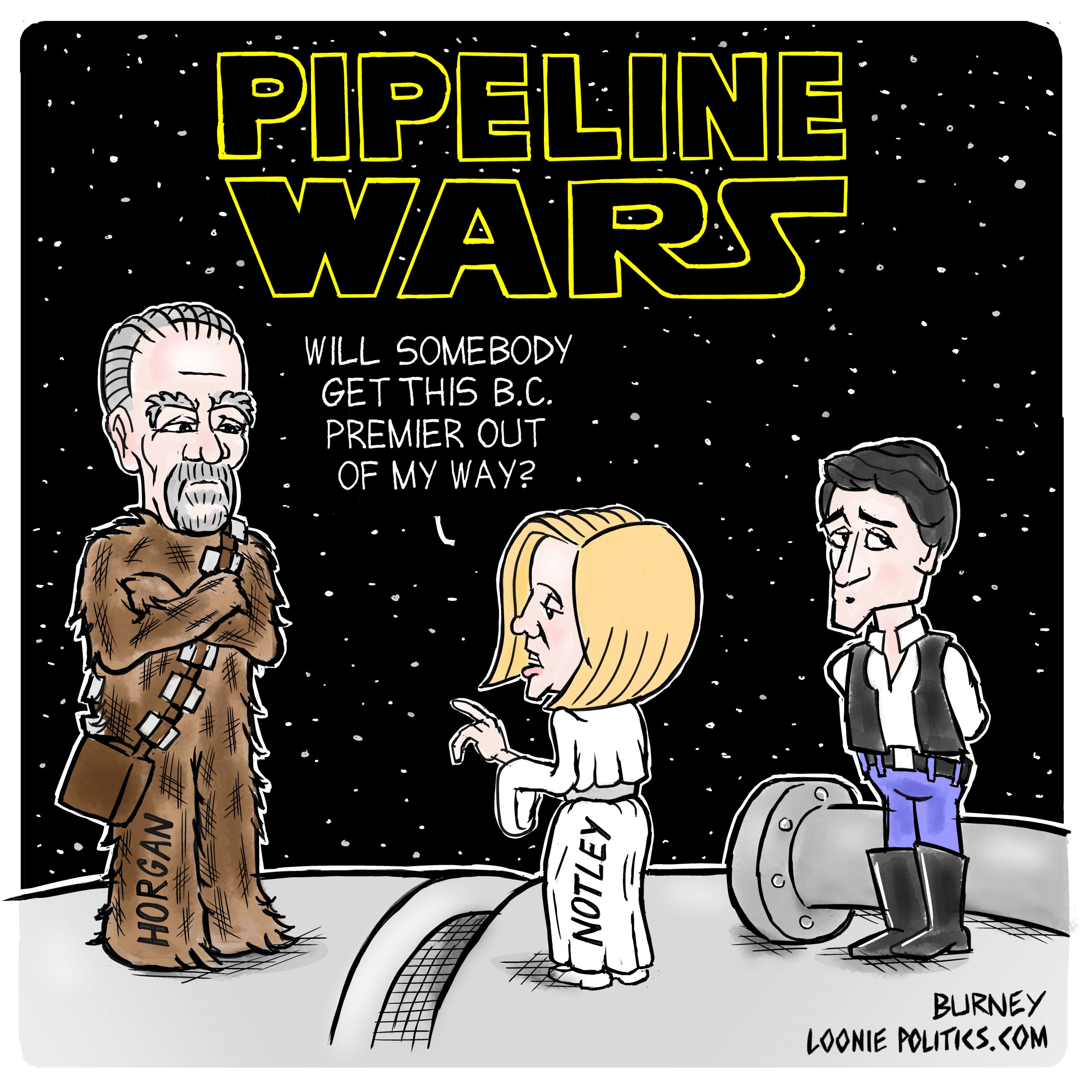Last week, Conservative leader Andrew Scheer released what he termed as the "first plank" in his economic policy since becoming party leader, and it was, in a word, tepid. A tax credit on parental EI benefits was just the kind of feel-good policy that seeks to buy the affections of the suburban ridings that the Conservatives desperately need to win back if they hope to form government in the next election, but never mind the fact that it wasn't anything that would help lower-income families or those with a stay-at-home spouse who wasn't contributing to EI in order to get those benefits. But optics!
And it was optics that are precisely behind Scheer's decision to cast this policy into legislation by means of a private member's bill. By putting his "signature" policy into legislation, it makes him look to the uninformed bystander that he's trying to take action on it before he's in government, and it creates an opportunity to force the government to either accept or reject it, which Scheer can then spin either way it goes that he's pushed the government to adopt his policies, or that they've rejected it because they hate families, and therefore you should vote for his party the next time around.
Add to that, a tax credit is not only the kind of economic policy that the Conservatives loved to put forward during their time in office, where the Tax Code has become so bloated with them that accountants across the nation curse their names, but it's also the kind of thing that an MP can introduce in a PMB without having their legislation be rendered non-voteable because it would require a Royal Recommendation. It's a particular loophole in the rules of the House of Commons that Scheer is cynically exploiting, and one that MPs should close if they cared about how Parliament is supposed to function.
According to the rules, and in the norms of a Westminster system, only a government can propose legislation that requires spending, while it's the job of MPs both opposition and backbenchers on the government side to hold them to account for that spending, and who can either grant them or deny them that spending. It's part of what keeps the system accountable if all things were equal. But they're not. The loophole in those rules is that MPs who aren't in the government can propose measures that will reduce the amount of tax that a government takes in. It purports to say that they're not actually proposing new spending, but reducing revenue even though a tax credit is actually an expenditure from the treasury, a distinction that I find to be too cute by half.
The Conservative government of Stephen Harper had become so enamoured with tax credits that the Auditor General took a look at the broader category of tax expenditures (which includes credits, deferrals, deductions, and exemptions) in his Spring 2015 report, and found that the 140 different tax expenditures on the books, which could be worth tens of billions of dollars, were not adequately tracked by the Department of Finance in a manner that that supports parliamentary oversight.
"This finding matters because a properly designed tax expenditure report is critical to provide parliamentarians and Canadians with comprehensive and consolidated information on tax expenditures and what these expenditures are accomplishing," AG Michael Ferguson wrote in his report. "In our opinion, Parliament requires comprehensive and consolidated information to effectively exercise its oversight of tax-based expenditures and understand total government spending."
Tax expenditures are excluded from the expenditure management system, and are not reviewed by parliamentarians. He also noted that they had no way of tracking to see if all of those specialized credits, whether they're for things like mining exploration, or children's physical fitness, were actually did the job that they were supposed to do.
This particular problem surfaced during testimony of a different private members' bill earlier this parliament, Bill C-240, which sought to create a tax credit for people who took first aid training. At second reading, the government recommended voting it down because it defeated the point of tax simplification, but Liberal backbenchers voted against the cabinet and passed it to committee. There, expert testimony pointed out that it wasn't likely to have a very big effect on getting more people to sign up for training and recommended that the bill not be proceeded with. The Commons later voted in favour of the recommendation, and the bill died.
Scheer's bill suffers from this same problem it's a nice sentiment, but it doesn't do much for people who actually need the credit, and it needlessly complicates the tax code in order to look like it's doing something when its effect is of limited utility. If MPs were serious about both their desire to keep a watchful eye on the public purse, as is one of their main duties under the Westminster system, and if they were serious about things like tax simplification or even evidence-based policy, then they would amend the Standing Orders in order to close this loophole that allows them to propose these tax credits willy-nilly.
But they won't. It's too tempting to propose more tax credits in order to make it look like they're taking an issue seriously, or to start pushing policies for when they plan to form government, like Scheer is doing here. The concern that MPs aren't doing their actual jobs of holding government to account or guarding the public purse is a very real one, because nowadays, many MPs see themselves as being there to champion causes that are dear to them and what better way to champion a cause than to offer it a tax credit? If we want our Parliament to get back to its proper meaning and function, then we should close this loophole, and let MPs focus on their real jobs.








